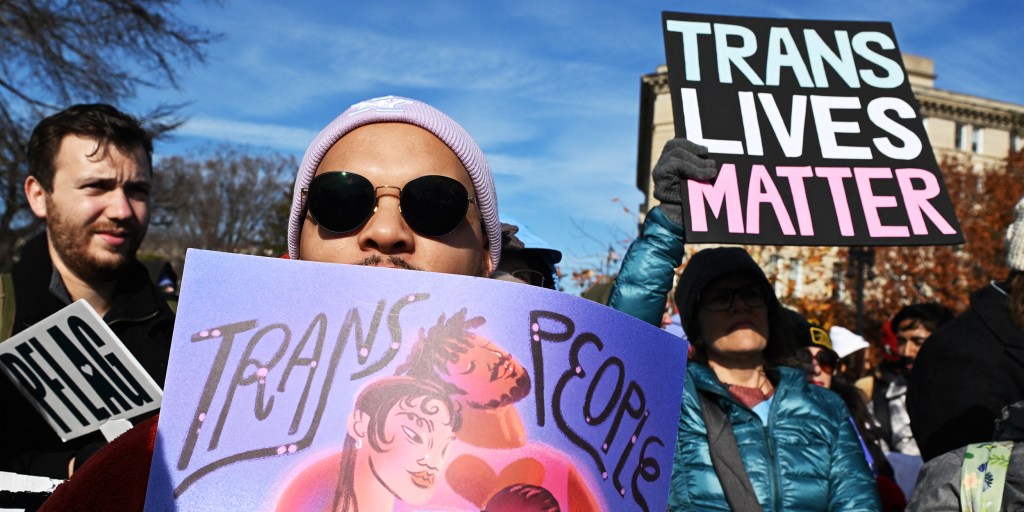Navigating Uncertainty: Transgender Healthcare Faces Growing Threat of Discrimination

Navigating Healthcare: The Challenging Reality for Transgender Patients
Recent surveys reveal a deeply troubling trend in medical settings: transgender individuals frequently face discrimination and mistreatment that significantly impacts their healthcare experiences. This systemic bias creates a dangerous cycle where many transgender patients feel compelled to postpone or entirely avoid seeking essential medical care.
The consequences of such widespread discrimination are profound. When healthcare environments become spaces of judgment and discomfort rather than healing and support, transgender patients are left vulnerable. Many report experiencing dismissive attitudes, inappropriate questioning, or outright denial of respectful treatment from medical professionals.
These experiences are not isolated incidents but part of a broader pattern of marginalization. The emotional and physical toll of such mistreatment can lead to delayed diagnoses, untreated health conditions, and increased mental health challenges. Transgender individuals often find themselves caught in a distressing dilemma: risk potential humiliation in medical settings or compromise their own health and well-being.
Healthcare institutions and medical professionals must recognize this critical issue and take meaningful steps to create inclusive, compassionate environments that respect every patient's dignity, regardless of gender identity. Comprehensive training, cultural sensitivity programs, and zero-tolerance policies for discrimination are essential in transforming the current healthcare landscape.
